“We’re naive in a nice way”: Hudson Mohawke in conversation with Tiga
Linking up for a summer set at Field Day following their expansive, late 2023 collaborative album L’Ecstasy, the pair sat down to discuss connecting over their shared sense of naivety and finding a middle ground between their disparate styles.
When Hudson Mohawke and Tiga’s collaborative track Love Minus Zero first emerged in 2020, it turned the heads of many dance music fans. At first glance, they made for an implausible pairing: since his 2009 Warp-released album Butter and early TNGHT collaborations with Lunice, HudMo (real name Ross Birchard) has built his name on wonky, trap-fuelled experimentation, while Tiga Sontag is best known for his sleek house and techno that injects lashings of pop into classic dancefloor fodder.
They also hail from worlds that are separated by thousands of miles. Ross grew up in Glasgow and immersed himself in DJing and production as a teenager (he was the UK’s finalist at the DMC World DJ Championships at just 15). Tiga, on the other hand, first began organising parties in Montréal in the 90s – also as a teenager – and helped build the foundations for the city’s dance music scene.
But with soaring, stadium rocking arpeggios and a huge breakbeat, Love Minus Zero quickly put to bed any questions over their compatibility. Collaborative tracks continued to drop sporadically, until the pair released a full-length collaborative album at the end of 2023, L’Ecstacy. A wide-ranging, ambitious 16-track LP, it blends old school ravey pieces with sleek and oddball sounds that seem ripe for giant superclub systems.
The project finds a quality, surprise-filled middle ground between their distinct sonic circles, with the music sounding both like an amalgamation of the pair’s styles, and at times, like neither of them at all. Now, with live performances scheduled in the UK this summer, we caught up with the pair to find out about how they got there, what crowds should expect from their sets, and the power of staying naive.
When did you first come across each other’s music?
Tiga: It’s a long time ago now. I think the first time I heard about him was around the same time as I came across Rustie, when his Glass Swords album came out [in 2011]. Rustie and HudMo were two names I’d been hearing, and the music was so crazy. It was maximal and felt so different from the music I was making. We had the same agent and he kind of put us together. We hit it off.
Ross: We realised that we shared this idea: where your creative peers, or people you admire, aren’t necessary in the same sonic world as you, but you’re on the hunt for the same thing. I was really a fan of Tiga’s taste and what he was making, but we were never going to get booked on the same stage at a festival because we make such different music. There’s a lot of crossover in our taste and inspirations, so for a couple of years, our creative partnership was figuring out where those lines cross. In fact, they cross in a way which actually sounds like neither of our own music. Also, we share a lot of the same humour and takes on things. We just became really good friends.
T: I saw Ross on Instagram talking about how much he loved the Justice show, and it really clicked for me – what I really love about Ross is he’s a real music lover. He loves music and that’s how I am. It goes way deeper than genre or what stage you’re playing at. Do you really love music? Are you always looking for good music? And do you appreciate people’s ideas? The first time we were in the studio, I showed Ross some demos and he was like: “Holy shit, I love this stuff.” He’s really into it, and it’s actually kind of rare.
How did the collaboration come about, and what was it like in the studio?
H: The first time was in London in 2014 or 2015. We started a song called Planet E, which ended up on Tiga’s solo record. Our initial realisation of where our taste crossed over was in the sort of early rave sound, so we leaned quite heavily into that. At that point there was no talk of us doing more collaborative stuff, and we didn’t talk more about it for another four years, until 2018.
T: It got real when Ross was in LA and we had multiple sessions. [It was] amazing because Ross is into so many different styles – weird experimental pop, hip-hop, all kinds of things, which I wasn’t used to because people I’ve been working with are a little bit more into straight dance stuff. It was fun – we could dump all kinds of samples and talk about anything and it really worked. Plus, we were doing it in LA, which had this reclusive feel. Just me and him in the studio very separate from everything else.
H: Yeah, there’s a misconception that people have about LA. The European perception is glitz and glamour, but in the real LA, you can actually be left to your own devices entirely. You can shut yourself away and work on music and be entirely left alone if you want. You can be off the grid almost.
Why can’t you do that in other cities, like New York, London or Glasgow?
H: Because whether you like it or not, you have to interact with the city. I’m a bit of a reclusive person anyway. I love being in London, or visiting New York or being in Glasgow, but there’s a solitude to LA that I haven’t come across elsewhere.
T: If you want to make stuff that doesn’t fit in anywhere and be this alien, free floating thing, LA is really good for that.
What’s your joint production process like? Is there push and pull between the maximalist HudMo sound and the more restrained Tiga sound?
H: I’ve had great difficulty over the years collaborating with other producers, and what I actually came to realise was that it’s because we were both trying to do the same thing. A lot of our music came from conversations in the studio. One thing I’ve found that’s a really good indicator of a good collaborative process is if you’re constantly pulling things up on YouTube, like: “Have you heard this? Do you remember this record?” Tiga has such an encyclopaedic musical knowledge and I have mine, and that leads to some fruitful outcomes.
Also, Tiga’s a real ideas and taste guy. I have a more maximalist kind of approach, and he’s like: “What if we threw 90 percent in the trash?” I’m joking, but Tiga’s really excellent at carving out space, and honing in on things like a particular piece of percussion being the right sound. On a lot of tracks we worked on, the point where it started had almost no resemblance to where we ended up.
T: Working with Ross is easy because he’s really patient. He never gets flustered or annoyed if you’re going to try something again or ditch something – he doesn’t get too precious. I’m not super patient; I get bursts of excitement and I like to throw a lot of samples or ideas, and Ross can always make some order out of that chaos. He can massage weird elements together.
“The good thing about starting young is I’m emotionally stunted – I’m still frozen at that stage where I’m just thinking about how music makes me feel” – Tiga
You both got into music in your teenage years. How do you reflect on what is basically a lifetime in music?
T: It’s fucking great. I’m very, very lucky and I appreciate it more and more. You’ve been insulated your whole life by music and have direction really early. If you find something you love to do when you’re that young, you’re set – you have so much energy. It’s really underrated what you can get done when you’re 14. If you have the confidence and your parents’ support, whatever it is that you find that early, it’s a really great thing.
H: My dad has been incredibly supportive to me and my sisters, even though he drives us insane. He pursued a career in the arts as well, and he always said to us: “Just fucking go for it.” That degree of encouragement when you’re 14 or whatever is priceless.
T: It takes a specific thing to be that delusional. To think you can just go for it. I want to say something that translates to our sound, actually – when you start really young, you’re not thinking about a career or the industry, you don’t even know those things exist. You’re just thinking about how music makes you feel and whether this will make you cool. The good thing about starting young is I’m emotionally stunted – I’m still frozen at that stage where I’m just thinking about how music makes me feel. And that’s downright wholesome, because I’m not thinking about where I fit into the industry; I have never reached that level of development. Ross is the same. We’re naive in a really nice way, and frozen in this childhood bedroom zone. That’s why we connect: we’re both young at heart.
Where does DJing fit into what you do?
T: I’ve been a DJ forever. I was DJing before I was making music, and I’ve always really loved it. It’s great, even though what it’s become can be a bit of a mess. When it’s done right, at a good party, it’s a beautiful thing. Music with that kinetic quality – it’s what I really understand.
In what ways can it be a mess?
T: Sometimes I think there should be two divisions for DJing – one with social media and a non-social media division.
H: I think it’s very easy to jump and say: “Oh, this person’s shit because they’re only good at social media.” I don’t necessarily subscribe to that, but I’m lucky in a sense that I operate on the outskirts of techno discourse. I see a lot of friends getting wrapped up in that and it doesn’t help anybody. Whether we approve or disapprove is sort of irrelevant. DJing is a hobby and a cultural movement, and there’s no barriers to entry, and that’s fine. But me and Tiga have seen so many hyped genres and people come and go. What it boils down to is, if you can retain this child-like naivety and just love music, you’re probably still going to be doing it after the hype moves on.
Hudson Mohawke and Tiga played at Field Day, which took place in London on 24 August.
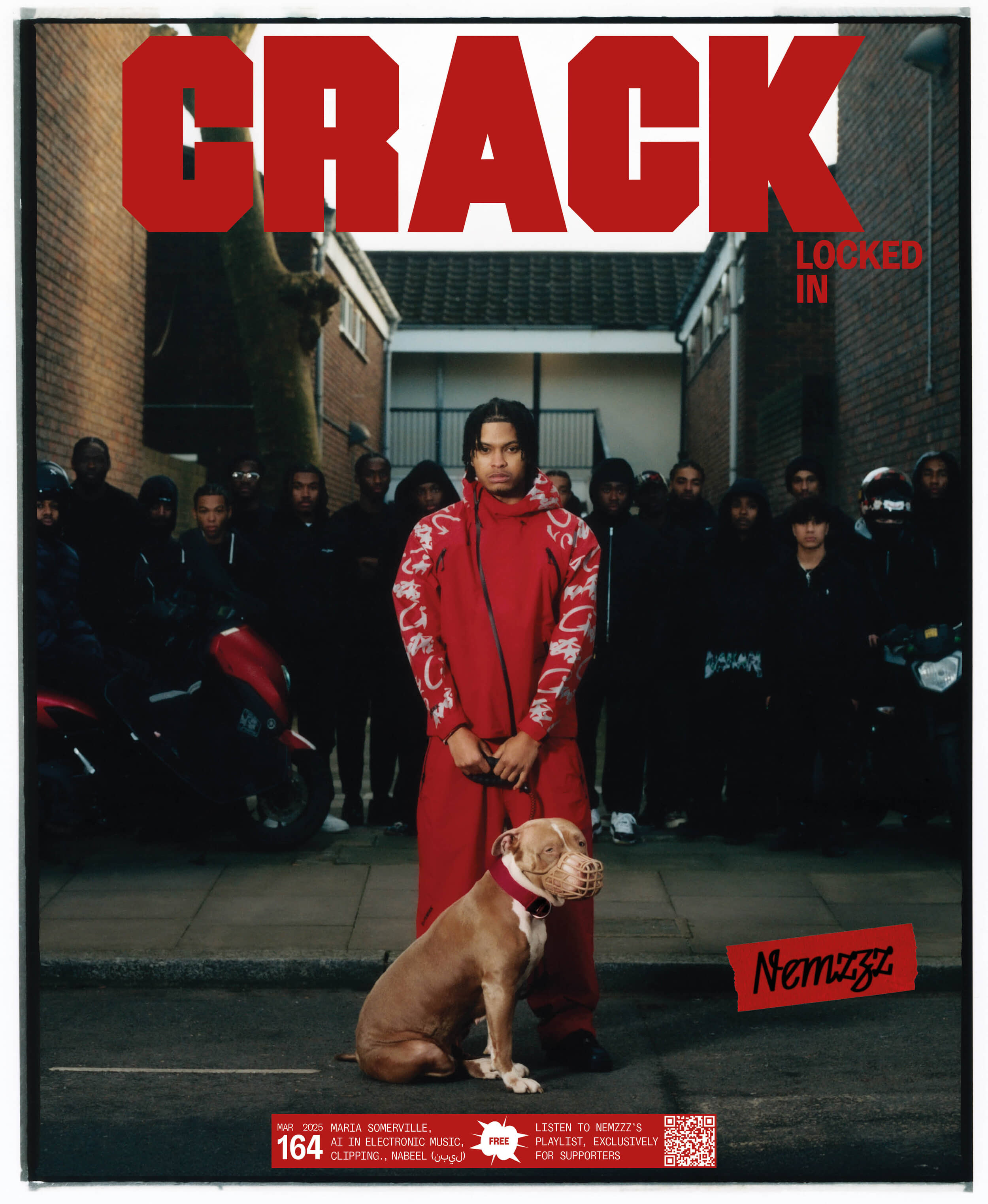



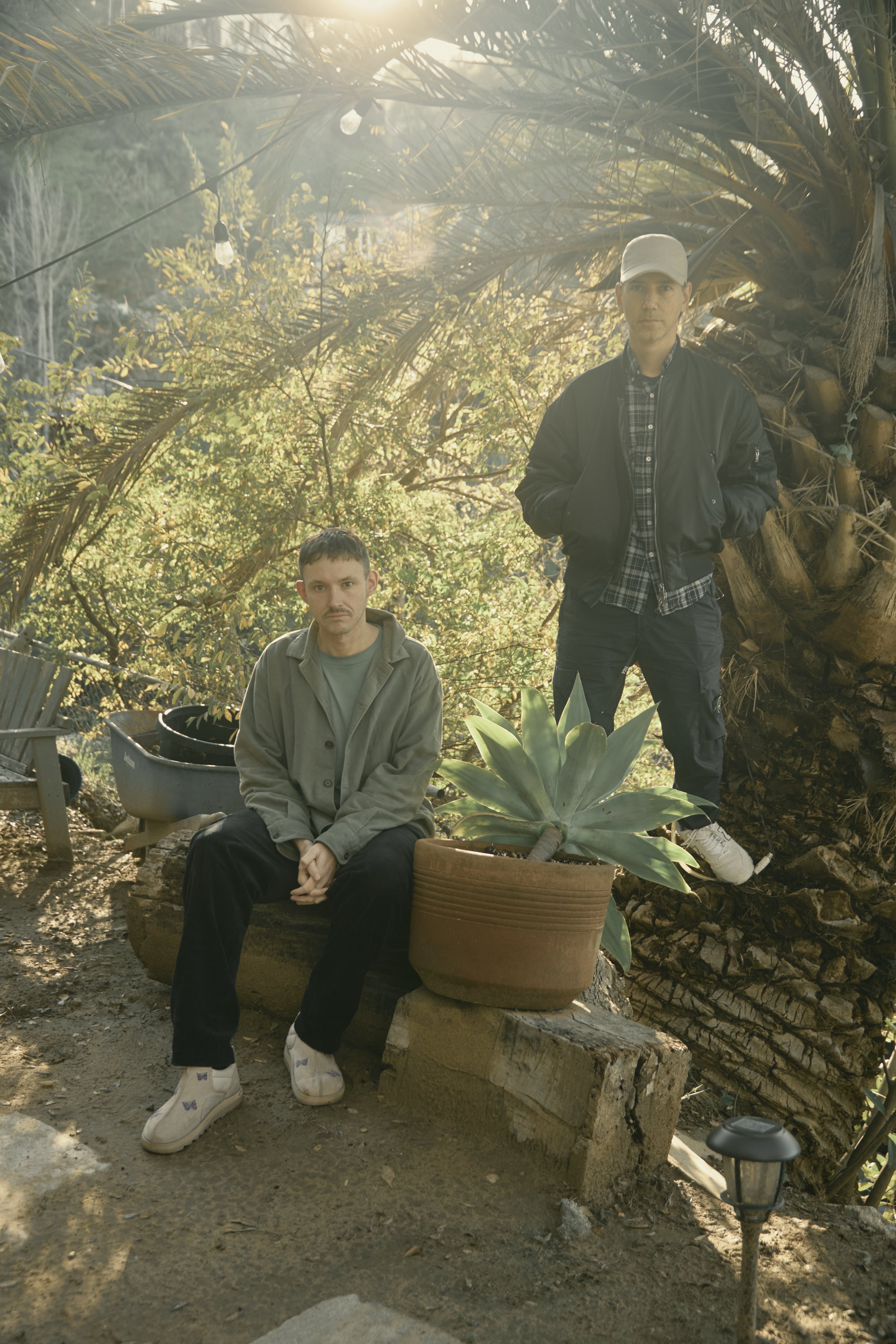
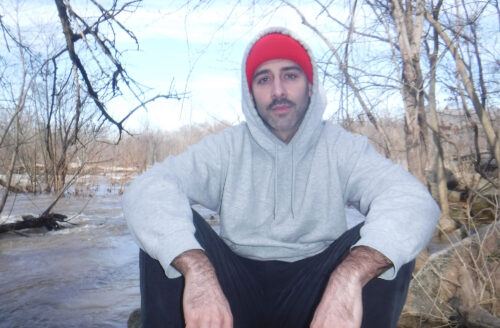
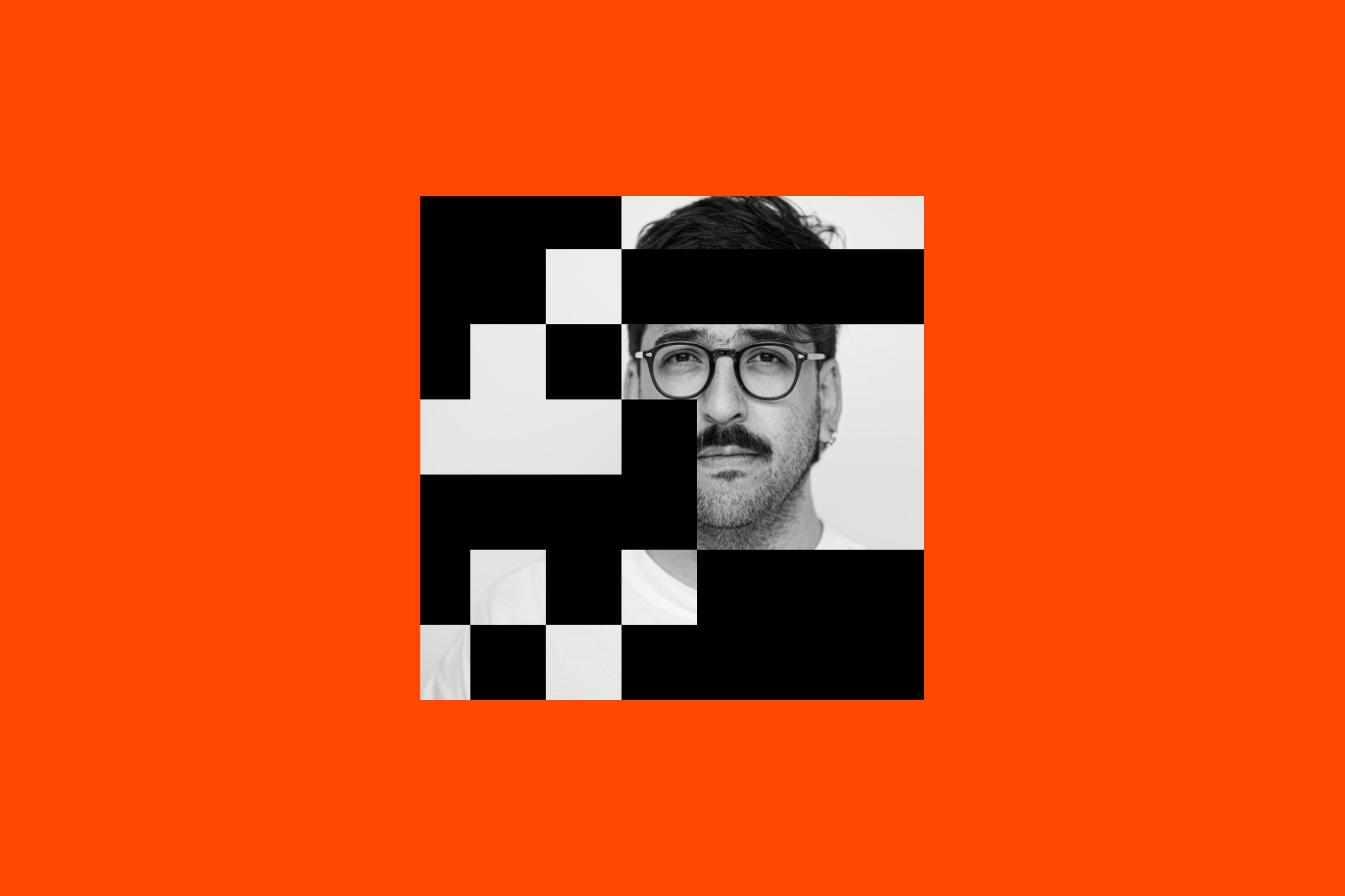
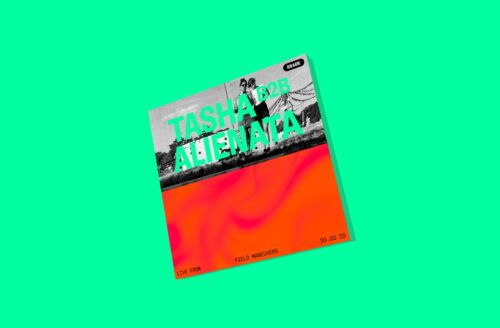
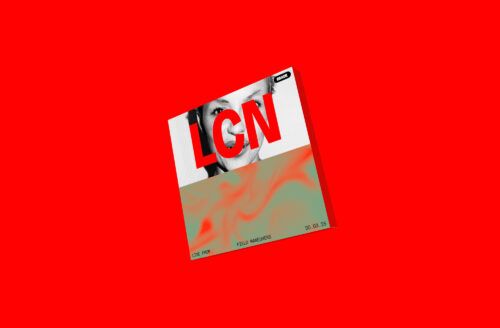
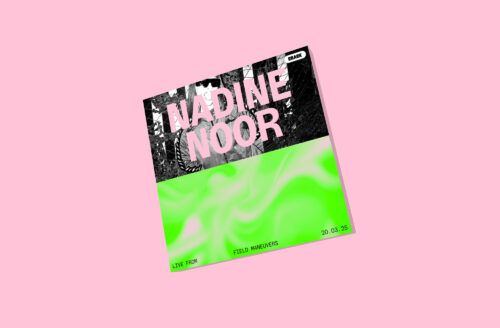
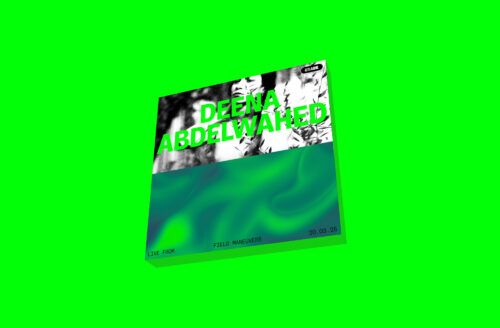
ADVERTISEMENTS